Silica gel is a porous, granular form of silicon dioxide that is commonly used as a desiccant to control humidity and prevent moisture damage. It is widely used in various applications, including packaging, storage, and industrial processes, to maintain dryness and protect sensitive materials from moisture.
Key Features:
- High Absorbency: Silica gel has a high moisture-absorbing capacity due to its porous structure. It can absorb and hold significant amounts of moisture relative to its weight, helping to keep environments dry and protect goods from humidity.
- Non-Toxic and Safe: Silica gel is non-toxic and chemically inert, making it safe for use in a wide range of applications. It does not react with other materials, ensuring that it will not affect the quality of the products it is intended to protect.
- Regenerable: Silica gel can be regenerated and reused multiple times. When saturated with moisture, it can be dried out in an oven or other heating device to restore its absorbent properties.
- Versatile Packaging: Available in various forms such as packets, beads, and canisters, silica gel is adaptable to different packaging needs. The packets are commonly found in small, sealed containers to prevent moisture exposure during storage and shipping.
- Indicator Variants: Some silica gel products are available with indicator beads that change color when the gel becomes saturated. This provides a visual cue that it is time to replace or regenerate the gel.
- Temperature Stability: Silica gel is stable across a wide range of temperatures, making it suitable for use in different environments and conditions.
Applications:
- Packaging: Commonly used in packaging to protect sensitive products, such as electronics, pharmaceuticals, and food items, from moisture damage during shipping and storage.
- Storage: Employed in storage environments to maintain low humidity levels and prevent mold, corrosion, and degradation of stored items, including documents, clothing, and collectibles.
- Industrial Processes: Used in various industrial processes to control moisture levels and improve product quality, such as in manufacturing and laboratory settings.
- Dehumidification: Applied in dehumidifiers and air conditioning systems to control humidity levels and enhance comfort and efficiency.
Benefits:
- Effective Moisture Control: Helps prevent moisture-related damage and degradation of products, extending their shelf life and maintaining quality.
- Cost-Effective: Provides an economical solution for controlling humidity and protecting goods from moisture damage.
- Regenerable and Reusable: Can be dried and reused multiple times, offering a sustainable and long-term solution for moisture control.
- Safe and Non-Toxic: Suitable for use with a wide range of products and materials without posing a risk to health or quality.


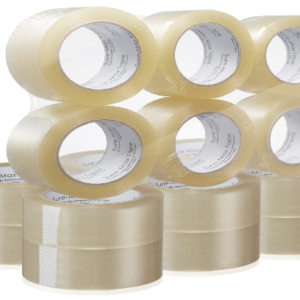
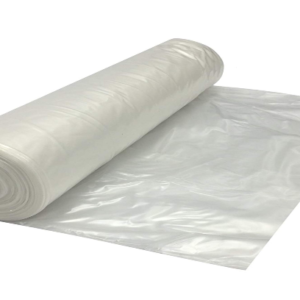
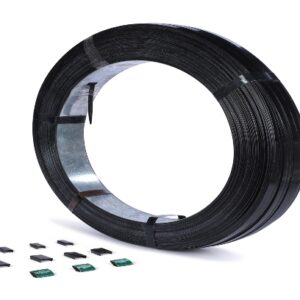
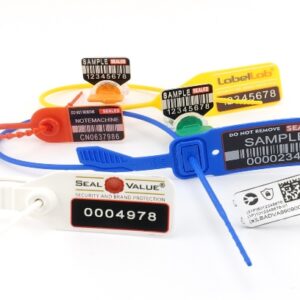
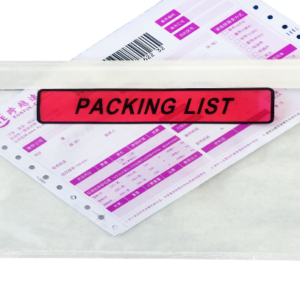
Reviews
There are no reviews yet.